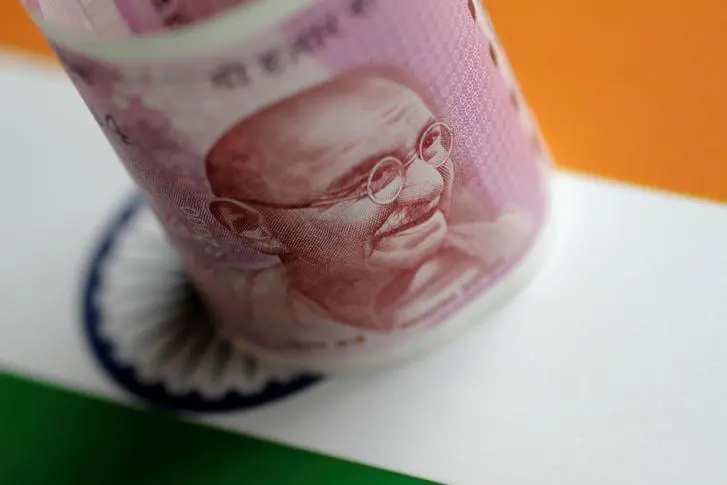PHOTO
MUMBAI - Indian mutual funds may see an increase in inflows and non-bank lenders may move towards more traditional corporate bonds after the government removed a tax arbitrage available to so-called market-linked debentures (MLDs), analysts said.
While traditional debt instruments have a fixed coupon rate, MLDs are structured products where returns are linked to a market-traded instrument — a hybrid nature that allowed them to enjoy a lower tax rate than regular debt products.
However, the government said during last week's budget announcement that returns from listed MLDs will be taxed as short-term capital gains, instead of long-term – a move that could push taxes to as high as 30%, from 10% now.
This will reduce investor demand for such securities, prompting issuers, including non-banking financial companies (NBFCs), to move to other fundraising avenues, said analysts.
"MLDs were issued by NBFCs and this was a tax haven for HNIs, but it may become a thing of the past era after the budget announcement making MLDs now be fully taxed," said Venkatakrishnan Srinivasan, founder and managing partner of debt advisory firm Rockfort Fincap.
Aye Finance, an NBFC that currently issues MLDs, plans to switch to more conventional debt instruments such as non-convertible debentures (NCDs).
"We will keep on raising funds through plain vanilla NCDs, either through private placement or public issue," Chief Financial Officer Mayank Thatte said.
MLD issuance has jumped nearly six-fold—from around 99 billion rupees ($1.20 billion) in 2017/18 to nearly 560 billion rupees so far this financial year—with the bulk from lower-rated companies, according to data from Prime Database.
"Usually, MLDs comes at a lower rate and now the borrowers would move to normal NCDs and will have to pay slightly higher rates," said Soumyajit Niyogi, director, core analytical group at India Ratings and Research.
"Still, we do not think it is a big challenge as around 10% of the liability funding (of NBFCs) was through MLDs."
Meanwhile, market participants expect high net-worth individuals, frequent investors in these securities, to plough back money into debt mutual funds schemes.
"MLDs will lose flavour and the money that was getting invested into MLDs will flow into Debt Schemes of MFs/Real Estate Assets/higher yielding papers/Perps and sub debt of Banks and NBFCs," said Sujatha Guhathakurta, president, debt capital market and infrastructure financing at Kotak Mahindra Bank.
Vishal Chandiramani, managing partner-products and COO, TrustPlutus Wealth, said investors looking for higher returns may now look to invest in structured credit funds or high-yield NCDs.
($1 = 82.4490 Indian rupees)
(Reporting by Dharamraj Dhutia and Bhakti Tambe; Editing by Savio D'Souza)





















